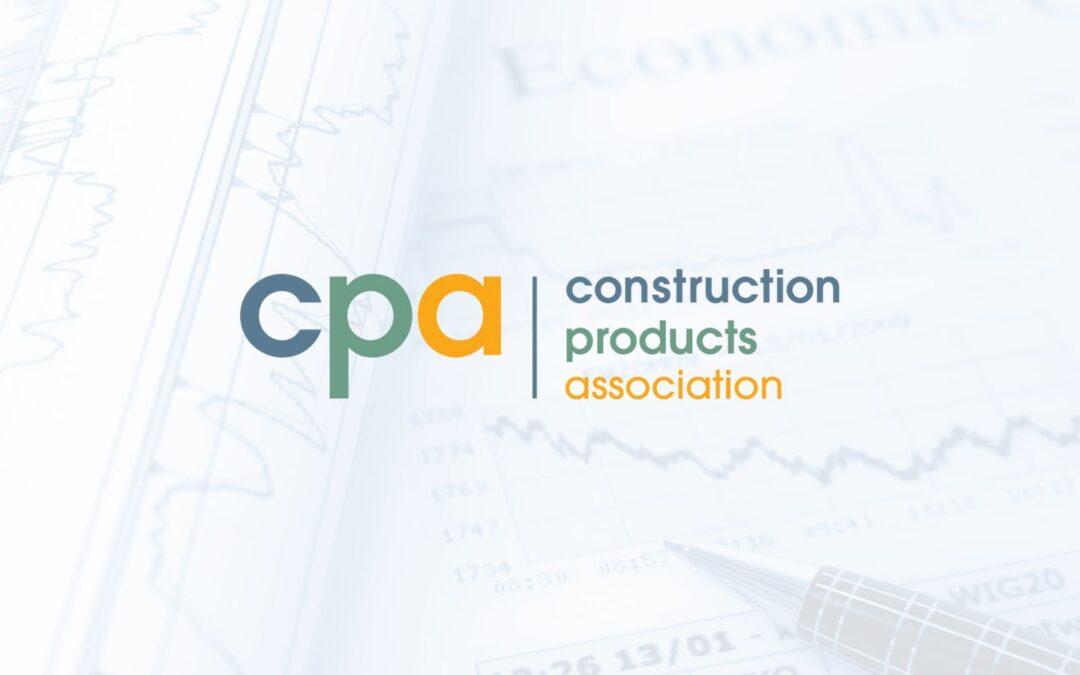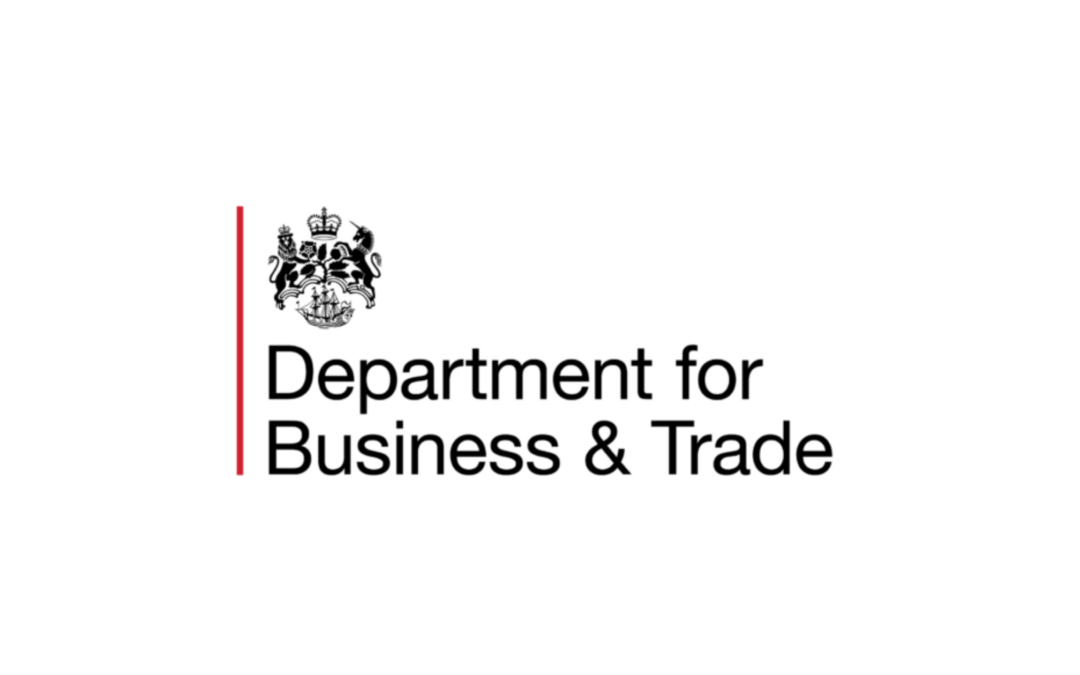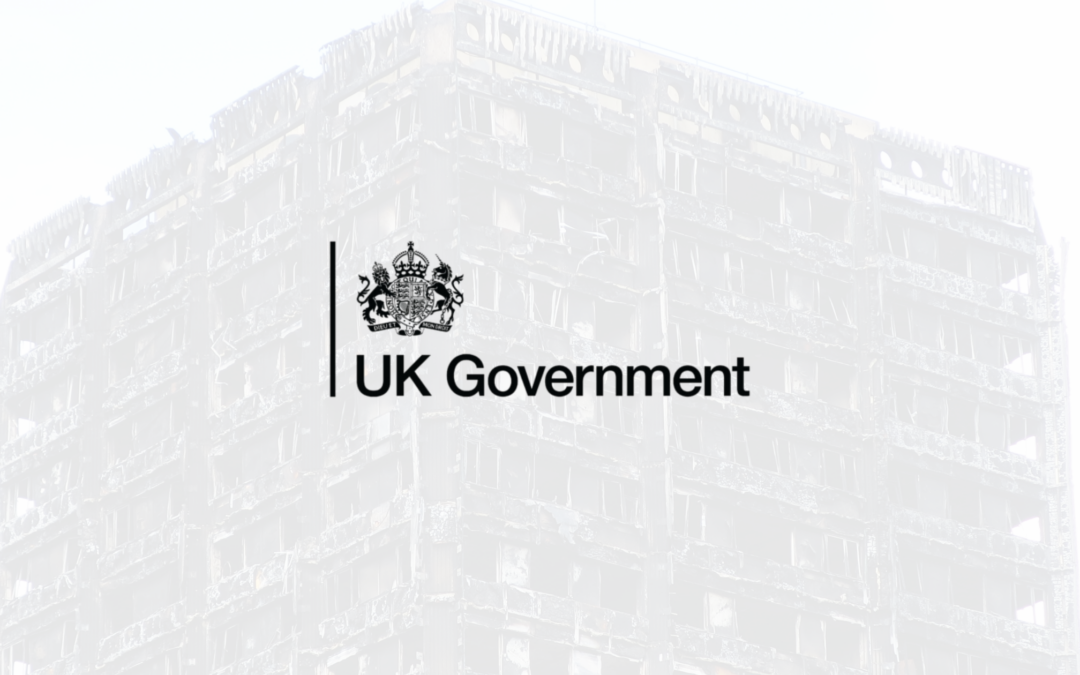Reason 1: We could double our profits
“The construction industry spends around 1.6% of its total expenditure in the UK on legal services, double the economy’s median spend of 0.8%.” Oxford Economics 2018
This stat really says it all, but the reality is these costs have been rising since – levels of adjudication increased by 10% last year. If we think about it another way, as a sector the level of profit we generate is very close to legal spend, so if we can reduce our legal expenses to the norm, we double our profits!
Reason 2: Culture is essential to sector change
The Reading Report into Contracting and Procurement Behaviours in the Finishes and Interiors Sector talks of a dysfunctional approach to business, adversarial behaviours manifesting from the introduction of onerous clauses introduced by clients either of their own volition or on the specific advice of their professional advisors. These clauses set the tone for distrust and conflict from the outset of a project. The Conflict Avoidance Process is about setting a different tone, it is something we can use collectively to encourage change.
Reason 3: A dysfunctional design process undermines construction
If required to submit design information for approval, how often do you receive a decision within the specified contractual limit?

Source: Reading Report 2023
This chart is terrifying when you think about how the Design Development Process is supposed to work. Design is an iterative process, contracts need to be clear and problems solved collaboratively. We must define responsibility and incentivise a collaborative approach. Passing the buck and dumping risk means disputes germinate and build from the moment we start the negotiation – our processes are set to a default mode that fuels dispute. The Conflict Avoidance Process encourages us to think about this before we sign, pre-empt problems and enter into the work with a different mindset.
Reasons 4, 5 and 6: Safety, Sustainability and Skills Shortages
Reasons 4, 5 and 6 really are lumped together because they are intrinsically linked. FIS Research in 2021 highlighted that only 2% of dryliners are never asked to start work on site without sufficient design information (82% frequently or always!). The ultimate result of this is 17% of drylining is re-work. We are 70% more likely to have an accident doing re-work. We waste 17% of our material. We are wasting 20% -25% of our labour, an increasingly scarce resource. Disincentivising the right conversations at the start of the job leads to disputes at the end of a job.
Reason 7: We can’t Afford to Waste Time and Delay Payments
Beyond the cost of disputes, anything that slows the flow of cash can kill companies (insolvencies in construction are at all time highs). Avoiding conflict will save time and allow money to flow which will ultimately help improve resilience in the supply chain and in our projects (not to mention saving the costs and heartache associated with insolvency on all parties involved).
Reason 8: It is the law!
For Government contracts, according to the Construction Playbook, procurement should be considering Conflict Avoidance mechanisms. For all, the Building Safety Act has reframed the regulatory environment – it is built around duties. Principal Designers and Contractors, Designers and Contracts. Clients have a duty too to ensure that the right conversations happen at the right time and to appoint competent people, allowing reasonable time and resource to do the job.
Reason 9: If the builder is not insured, the building is not insured
The CLC’s Professional Indemnity Insurance Working Group has identified that too often standard form contract terms are being amended, to include liabilities and obligations that are disproportionately onerous for the nature of the work. This means that if a client seeks to claim for loss or damage, “it cannot be relied upon that it will be settled by the PII insurers, and the consultant/contractor potentially faces financial ruin, and the client left with a claim that cannot be recovered. This is not in the best interest of any party.”
Deciding not to amend a contract is a good place to start any conflict avoidance process (yes, I do recognise the irony here that using the Conflict Avoidance Process requires a change to the JCT contract, but at least NEC have during Conflict Avoidance Week recognised the process – I will save a rant about JCT for another day!).
Reason 10: The human cost of conflict is to high
Many people in construction are running on empty. Commercial tension is draining, we need to be more human in the way we work. I speak to many specialists who are exhausted, ground down and at the end of their tether. A 2020 study found that 83% of construction workers have experienced a mental health issue and suicide remains workers in construction were at some of the highest risk of suicide in the country, at 3.7 times higher than the national average.
It is Conflict Avoidance Week, sign the pledge…help change the culture, every signature adds weight. Remember Conflict Avoidance isn’t a panacea, it doesn’t mean we will never have a dispute, but it means we are learning and evolving around a proven process that supports necessary change.
If you need more convincing, you can see the short event RICS ran on Monday with experts Stephen Blakey FRICS, FCinstCES, FICW , Liam Forry MCIArb Len Bunton – Bunton Consulting, Edward Schryver MRICS and Anthony Armitage) here – you can skip through my bit now as it is laid out above.
Find out why you should sign the Conflict Avoidance Pledge
Sign the Conflict Avoidance Pledge
FIS is supporting The Conflict Avoidance Process as part of our Responsible No Campaign





















